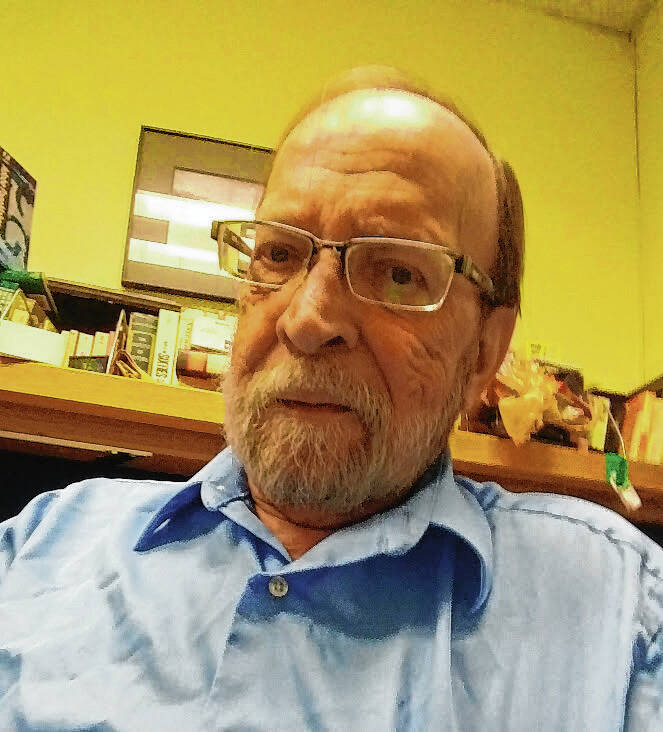People keep saying government should be run like a business.
If you are one of them, consider this option. If your company needed a new president, which would you prefer: an outsider with demonstrable management skills but no knowledge of your product, service or customer base; or the best candidate from within the company, one with a proven track record in every department?
I’ve been around enough poorly run companies to know it really isn’t, but the answer should be obvious. If you can’t promote from within, you’ve been doing something wrong.
I ask the question because I realize I’ve been part of the “throw the bums out” movement for most of my journalistic career. I could probably find scores of editorials and columns in which I’ve written along the lines of “the problem with career politicians” and “the evils of politics as a profession” and “we need to drain the swamp.”
There is a lot of truth in this point of view. There is a swamp (or, rather, are swamps; there are federal, state and local varieties). Government at all levels is overburdened with people who have made running for office their whole lives, people with no knowledge of and little love for the private sector.
But by focusing too much on that perspective, we’ve helped create a bizarre situation in which the people seeking elective office must profess a deep animosity for the very thing they are engaged in. Elect me – I’m an outsider, and I’ll get in there and break things. I hate politicians as much as you do, so please, please make me your favorite politician.
How odd. It’s like looking for an atheist to seek the papacy or asking a high school dropout to be your college president.
And an important consideration is being overlooked: This nation was founded by career politicians.
James Madison, father of the Constitution, first won a seat in the Virginia legislature at 25. John Adams began his political career in 1774. John Jay spent 27 years in public service. Alexander Hamilton got involved in politics almost as soon as he arrived in this country.
Thomas Jefferson, the genius behind the Declaration of Independence, was elected to the Virginia House of Burgesses in 1769 and worked in politics for the next 40 years. Even George Washington, the so-called nonpolitician of the bunch, won a seat in the Virginia legislature in 1758 at 26 and served there until the Revolution.
Of course, there is one major difference between those career politicians and the ones who walk the halls of power today, a difference the Indiana General Assembly made me think about with its most audacious action in the recently ended session.
In the middle of the night, with no public notice and no discussion, our legislators sneaked through a series of breathtaking raises for the governor and other top elected state officials. The next governor will enjoy a raise of 48 percent, becoming the fifth-highest-paid state chief executive in the nation instead of the 34th. The lieutenant governor gets a whopping 60 percent bump, the attorney general 45 percent, and auditor, treasurer and secretary of state 39 percent each.
Whew. Lawmakers did it the way they did it for a reason. Employees who pilfer from the company’s petty cash do not do it in the middle of the day, carrying the loot out for all to see.
The Founders were like a startup. Today’s careerists are more like big business functionaries. They’re afraid of asking hard questions about the status quo, adamantly opposed to thinking boldly and taking risks. They’re not even CEO material. They are mediocre middle managers.
So, the problem isn’t that we’re rewarding career politicians. It’s that we are encouraging the wrong kind of career politicians. If we identified and nurtured more of the good ones, we wouldn’t feel such a great need for outsiders to come in and start throwing bombs.
Yes, I know, they’re few and far between. But that has always been the case. How very lucky we were that one time.
Leo Morris, columnist for Indiana Policy Review, is winner of the Hoosier State Press Association’s award for best editorial writer. Morris, as opinion editor of the Fort Wayne News-Sentinel, was named a finalist in editorial writing by the Pulitzer Prize committee. Contact him at [email protected]. Send comments to [email protected].





